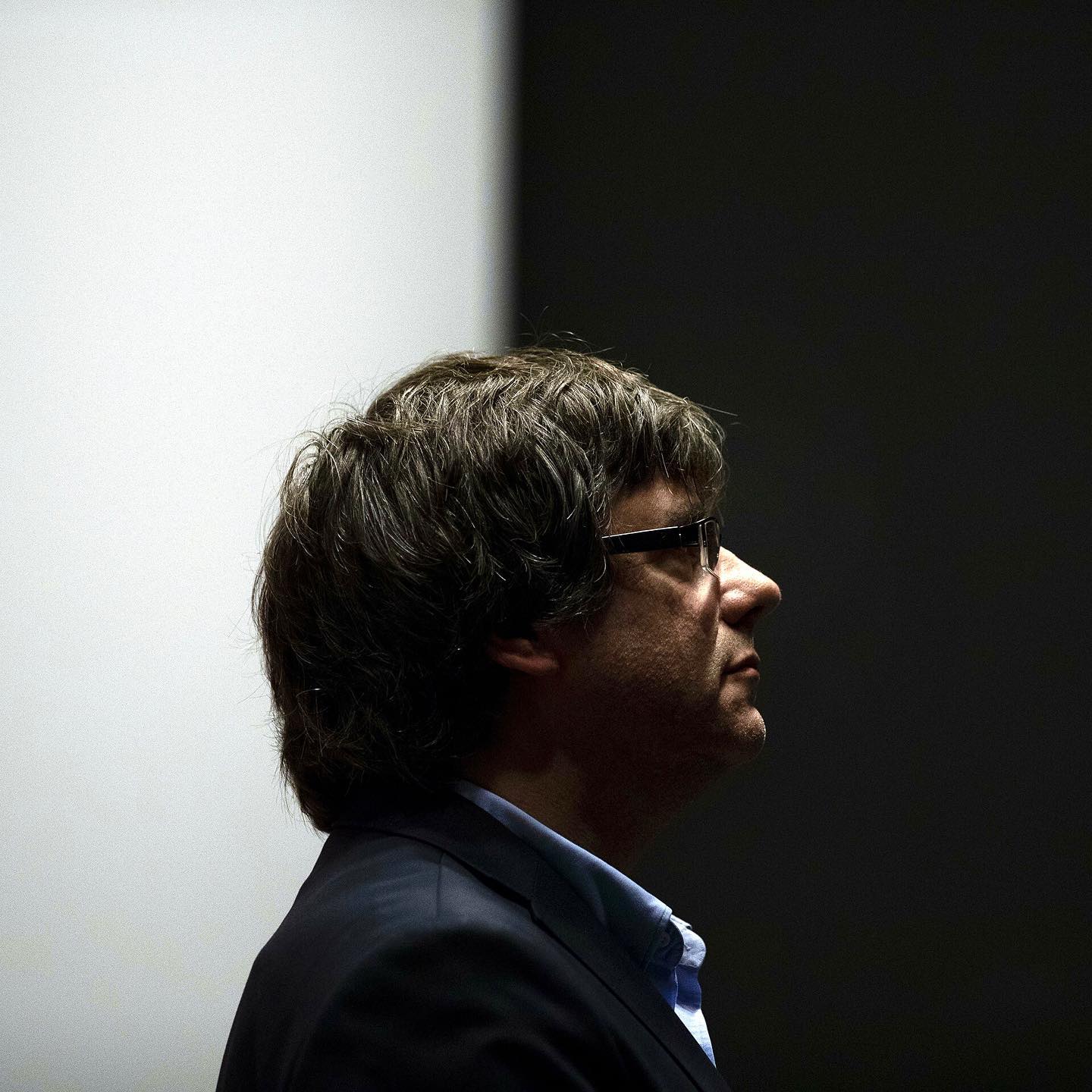Spanish public prosecutors are considering filing an appeal against the decree issued by judge Pablo Llarena, which updates the accusation against Catalan president Carles Puigdemont and his exiled former government ministers, with the judge withdrawing the crime of sedition because it has been repealed and maintaining the crimes of misuse of funds and disobedience. As reported by judicial sources this Friday, prosecutors are now analyzing whether the events around the referendum of 1st October 2017 fit into the new crime of aggravated public disorder, in order not to leave this action by the Catalan government "decriminalized" - as judge Llarena put it in a critical note in his resolution on Thursday, the same day that the 2022 Penal Code reform came into force. It remains to be seen whether the public prosecutors accept the same thesis as the Supreme Court judge, who affirms that the new "attenuated" crime of misuse of public funds, a text agreed by Catalonia's ERC and Spain's PSOE-Podemos government, cannot be applied to the expenditure attributed to the Catalan referendum. On the other hand, the judge does endorse the applicability of the "aggravated" misuse of funds option, which can be penalized by up to 12 years in prison (if the amount is greater than 250,000 euros) as an indictment for president Puigdemont, since he is charged with the entire expenditure of of the 2017 independence referendum, calculated at 1.2 million euros by the prosecutors at the Court of Accounts. Adding a new crime to the charge would mean, initially, increasing the possible punishment that is demanded of president Puigdemont, should he be tried. The Supreme Court sentenced the nine pro-independence leaders tried in 2019 to 9 to 13 years in prison.
The new crime of aggravated public disorder is punished by penalties of 3 to 5 years in prison and up to 8 years of disqualification from public office for the perpetrators and person of authority who act with a crowd or organization to seriously affect public order. Judge Llarena in his decree this Thursday ruled out the applicability of this crime to Puigdemont by affirming that in the autumn of 2017 "the intention of the defendants was to overwhelm the constitutional order and achieve, directly or indirectly, but outside legal channels, a new territorial and political order, a fact - precisely - that distances their behaviour a transgression of the ordinary rules of social coexistence, which constitutes the legal asset that is protected by punishing crimes against public order".
At stake: Junqueras's sentence
In parallel to the court decree released by the investigating judge, the Supreme Court must review the sentence against the nine Catalan pro-independence leaders it convicted of sedition in 2019, since that crime has now been repealed. Judicial sources say that in the criminal chamber, presided over by judge Manuel Marchena, there has also been a debate on whether the crime of aggravated disorder can be a substitute for sedition. The interpretation that will be made of the modified crime of misuse of public funds also remains to be seen, and few doubt that the judges of the Supreme Court do not share the same opinion as their court colleague, Pablo Llarena. This fact will imply that the sentence reductions for the Catalan political prisoners will be smaller than was expected.
However, this sentence review cannot result in any of the nine leaders be given a new prison sentence, since they were pardoned by the Spanish government in the summer of 2021. They can thus only have their ban on holding office reviewed, which has a duration that in all cases is the same as their prison sentences, from 9 to 13 years. Initially, there was speculation that, with the reform of the Penal Code, the leader of ERC, Oriol Junqueras, could regain the right to stand for elections soon, since if the new misuse of funds law was applied to him, the maximum ban would be 4 years. But, if the Supreme makes the same interpretation as Llarena on this crime, in the end, Junqueras might maintain the current 13 year disqualification from holding office, or have a reduction of only a couple of years - but no more than that. Of the nine political prisoners, the others affected by misuse of funds are Jordi Turull, Raül Romeva and Dolors Bassa. ERC has already announced that it will ask the Supreme Court to review the sentence and apply the law, while Junts rules out responding to the Supreme Court, as does the former president of Òmnium, Jordi Cuixart. The Supreme Court has given the parties 8 days to present their positions.

